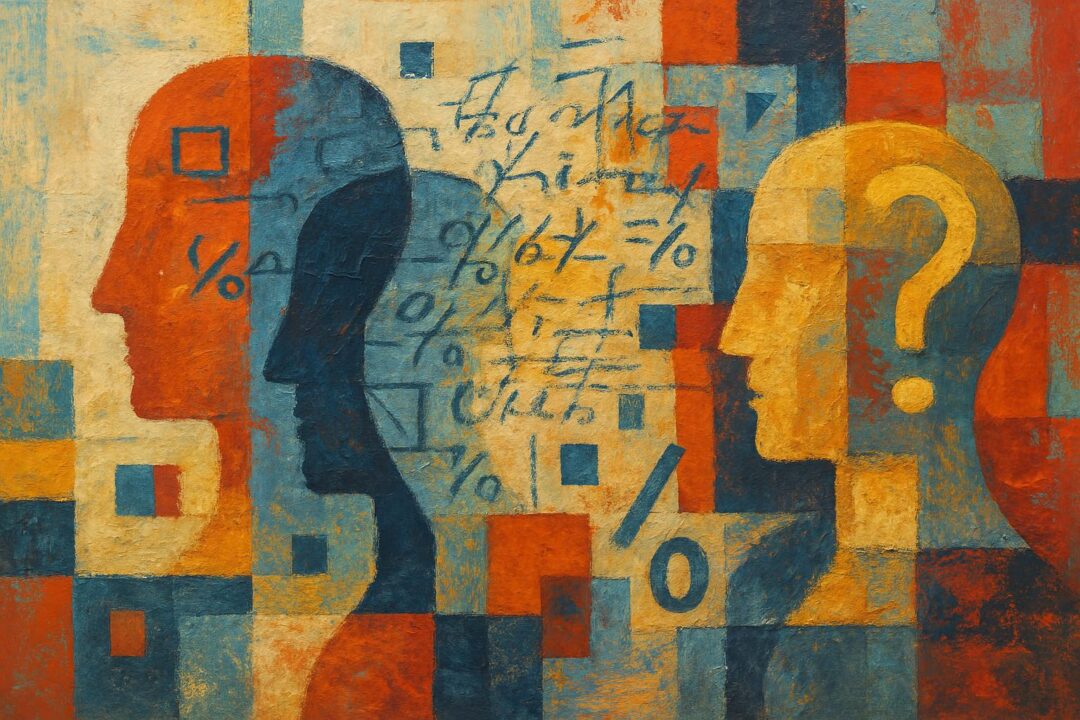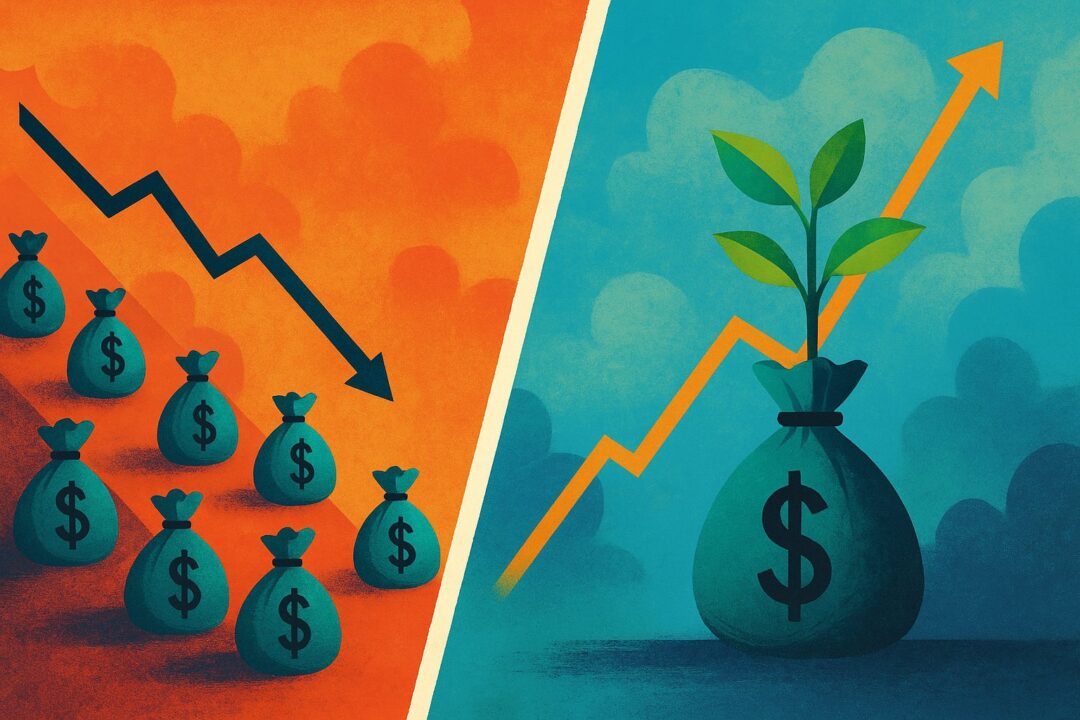Let’s say you bought a stock for $1,000.
A few weeks go by, and now it’s worth $1,500. You feel good — smart, even. Maybe a little proud. You tell your friends. You smile when you open your portfolio.
Then it drops to $1,250.
How do you feel?
Most beginners will say, “Well, I’m still up $250, so it’s fine.”
Now let’s change one little thing.
Let’s say you sold at $1,500, locked in your gain, and then immediately bought it back with the same $1,500. Then it drops to $1,250.
Now how do you feel?
Suddenly, it hurts. A lot. It feels like a loss.
But it’s the same financial outcome in both cases — you still went from $1,000 to $1,250. So why does one feel fine and the other feels terrible?
The Psychology Behind the Feeling
This isn’t just about money — it’s about how your brain works.
Here are a few powerful psychological biases at play:
1. Loss Aversion
We hate losses more than we love gains.
In fact, research shows that losses hurt about twice as much as gains feel good. So when your investment “falls” from $1,500 to $1,250, your brain isn’t thinking, “I’m still up.” It’s screaming, “I lost $250!”
2. Anchoring
Once you see a higher price, it becomes your new baseline.
If your stock hits $1,500, your mind mentally locks that in as its “true value.” So if it goes down from there, it feels like something has been taken from you — even if you’re still up overall.
3. Mental Accounting
We create little mental “buckets” for our money.
“I bought this at $1,000” becomes a powerful reference point. Selling at $1,500 and rebuying makes the new reference $1,500 — and now losses hurt more. Even though the numbers are the same, the story feels very different in your head.
Here’s Another Common Trap
Let’s say you still hold that stock at $1,500 and you’re proud of it.
Now someone asks you, “Would you buy more of it today at $1,500?”
You think: “No way. That’s too expensive now.”
But if you wouldn’t buy it today at $1,500, then why are you still holding it?
Most people don’t realize this:
If you wouldn’t buy it now, but you choose to hold it, you’re effectively saying you would buy it — because holding and buying are financially equivalent.
You just made a decision not to sell — which is the same as choosing to own it at today’s price.
This is where another bias kicks in…
4. Endowment Effect
We value things more just because we own them.
You might not buy the stock at $1,500 if you didn’t already have it — but because it’s yours, it feels different. It’s harder to let go of something we own, even if it no longer makes sense to keep it.
Why This Matters
These biases don’t make you dumb — they make you human. Even seasoned investors battle with them. But knowing about them is the first step to making smarter decisions.
Before you decide to hold, buy, or sell, ask yourself:
- “Would I buy this today at the current price?”
- “Am I holding just because I don’t want to feel like I lost?”
- “Am I anchored to a past price that no longer matters?”
Being a good investor isn’t about perfectly predicting the market. It’s about making rational decisions today, not emotional ones based on the past.
Final Thought
You’re not the only one who feels this way. But the most successful investors learn to spot these emotional traps — and step around them.
So the next time you’re staring at a green chart and feeling proud, or a red one and feeling sick, pause and ask yourself:
“Am I reacting to the numbers — or to the story I’m telling myself about them?”
That one question could save you a lot of money — and stress — over the long run.
Discover more from Brin Wilson...
Subscribe to get the latest posts sent to your email.



